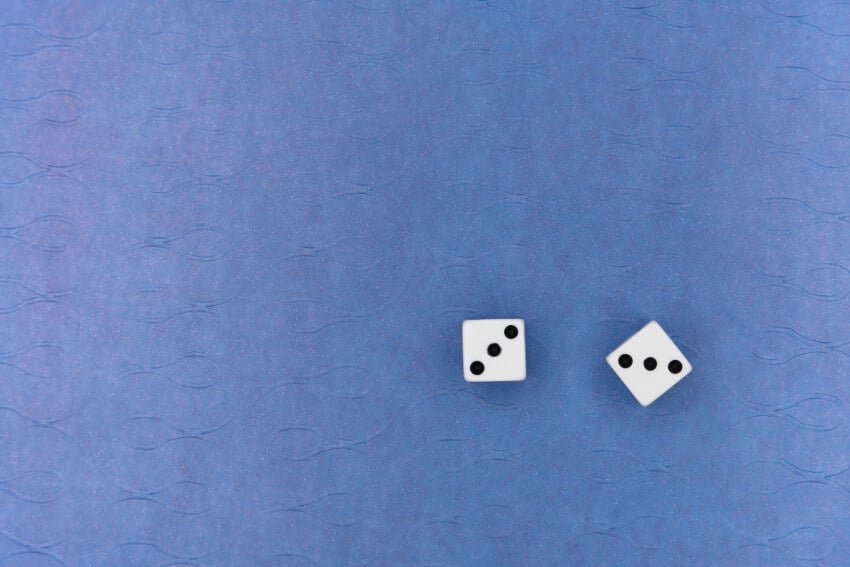Stress is a state of mental and emotional tension that comes when we are facing or in a challenging situation. To a certain extent, it can be useful to help motivate and focus us.
But all too frequently it becomes a debilitating condition. This is because it is not meant to be a state of being that is with us for too long.
For some people, stress becomes their normal condition every day. This is unsustainable and not a good way to be.
The word itself is very revealing. “Stress” is from Middle English stresse and it’s a shortening of “distress” and partly as well from Old French estresse meaning “narrowness, oppression”. That’s based on Latin strictus meaning “drawn tight”.
“Distress” means “extreme anxiety, sorrow, or pain” and is based on Latin distringere that means “stretch apart”. Isn’t that so often the cause of stress and how it feels: there’s just too much to do or even think about and so we feel completely stretched apart?

Considerable hours and constant demands on business owners and executives often cause a great deal of stress. That can lead to executive burnout.
What are the signs of stress?
- Concentration difficulties.
- Indecision.
- Feeling overwhelmed.
- Worrying repeatedly.
- Forgetfulness.
- Drinking and/or smoking more.
- Irritability and restlessness.
- Avoiding particular people or places.
- Sleeping for too long or not long enough.
- Eating too little or too much.
- Chest pain and/or a faster heartbeat.
- Sexual problems.
- Headaches.
- Stomach problems.
- Dizziness.
- Muscle tension and/or pain.
It’s not that you will necessarily have all these signs, but certainly, if you have a few of them, it could indicate you are stressed.
From a physical perspective alone, that’s not healthy for anyone.
But it also means we will underperform and not be able to make the best decisions. Thankfully, there are many ways of coping with stress and anxiety.
These are a range of physical and mental/emotional practices. Those who have the greatest success with them have found they work best if devoted to on a daily basis. That means to keep doing them even when things are going well, and life doesn’t feel stressed.
How do you relieve stress?

- Use breathing exercises that calm you.
- Try to keep everything in the day. Even better is to keep it in the now!
- Let go of anything you cannot change. Then you can put your focus and energy on more productive things that you can do, change or influence.
- Do not smoke or drink excessively or take illicit drugs to relieve stress. Limit your caffeine consumption. These will not help at all in the long-term.
- Learn how to meditate and/or take up yoga.
- Exercise and do sport. Exercise and sports produce a chemical in the brain called endorphin, our natural painkiller. Physical activity (although not too near to bedtime) will also improve the ability to sleep.
- Get into the outdoors. Ideally, in the sunshine, that as well as giving us vitamin D, feels more relaxing. At White River Manor, we are firm believers in the benefits of being in nature and a sunny climate – it’s why we are where we are! We understand and encourage the benefits of quality time in the great outdoors to improve mental health.
- Slow down. Our modern world is a fast-paced, demanding place, especially for many who live in large towns or cities. It’s another reason why we have such success in helping people with stress.
We are nestled along the White River, set within a beautiful 100-year-old garden and surrounded by rolling hills with the tropical African Lowveld forests in the distance. It’s quite simply, beautiful and very relaxing. As well, there are amazing animals to see nearby including rhinos, lions and elephants. They are bound to lift anyone’s spirits! - Eat and drink well. Certain foods are known to lift our mood, concentration and energy levels. Without a doubt, our diet can influence mental health, including stress levels. This includes drinking sufficient water. It helps balance mood and emotion, improves cognition and concentration, increases blood flow and oxygen to the brain and helps reduce stress. Beneficial foods include fresh fruits, vegetables, beans and whole grains. But snacks such as cakes, cookies and candy bars cause a spike in blood sugar that results in a crash and low mood.
- Massage is another way to reduce stress levels. It will release any tension held in your muscles, increase endorphin production, and lower heart rate and blood pressure.
Although some planning and preparation have to be done in life and at work, it’s beneficial to try being more conscious of the task in hand.
Worrying about the future doesn’t change anything. The only thing it guarantees is to ruin the moment.
There’s plenty that can be done to deal with stress. The sooner it is recognized and dealt with, the better.
Leaving it too long and not dealing with it will often lead to mental health problems as well as physical issues.
The longer stress is left untreated, the progressively worse it will get.

The executive burnout recovery program at White River Manor is tailored to a client’s specific needs.
We practice a holistic, person-orientated method which focuses on burnout symptoms within the individual.
At White River Manor, our dedicated professional specialist team has great experience helping people to reduce and beat stress. Get in touch to see how we can help you or someone you care about move towards a stress-free and more peaceful life.







